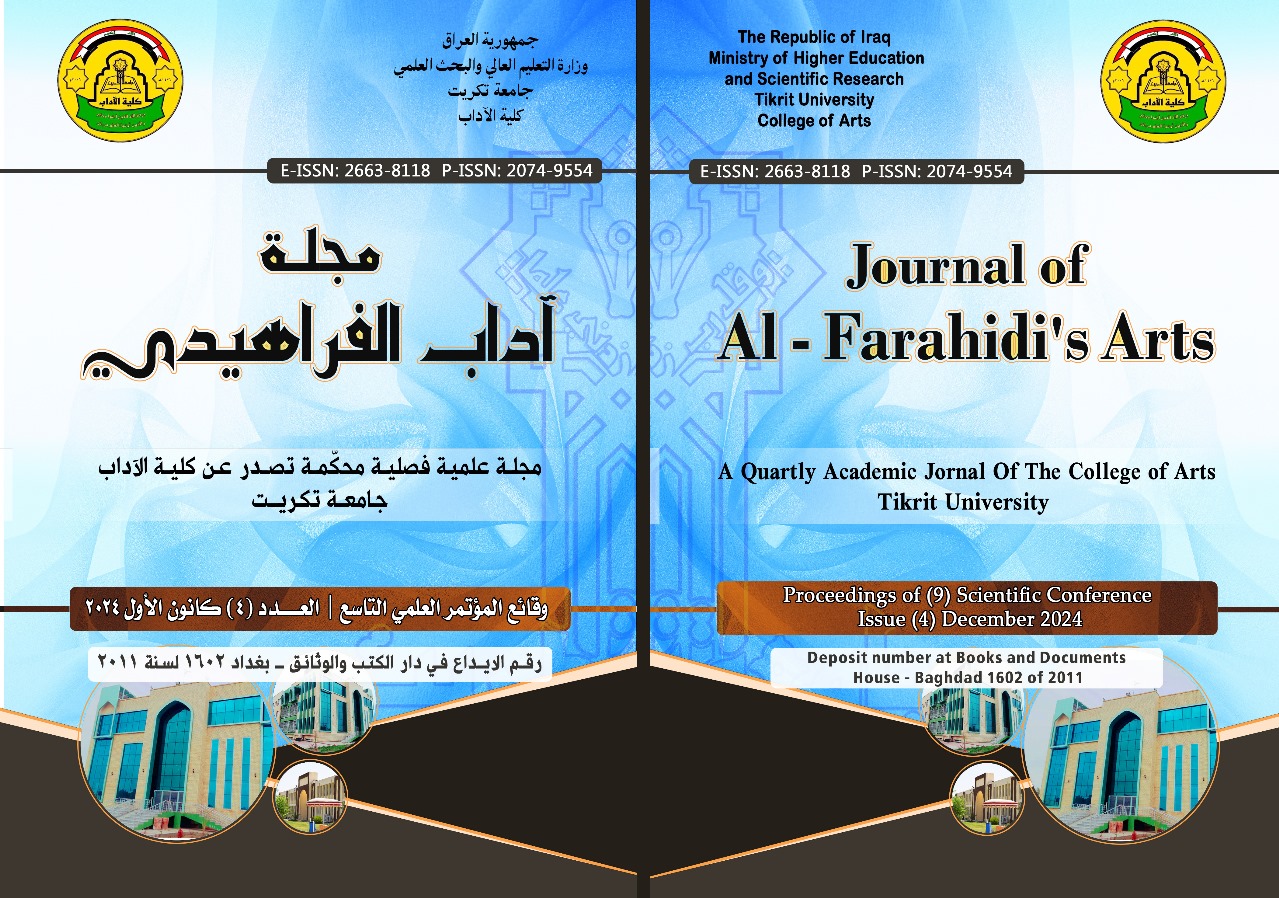Abstract
Date: 10/15/2023 This essay explores the theme of Islamophobia presented in Ayad Akhtar's "Disgraced" through a Foucauldian concept of power. Using Michel Foucault's theories of power, discourse and surveillance, the paper discusses Islamophobia's depiction in the play and its impact on the characters and storyline. It also examines various power relations, cultural hegemony, and societal structures that cause the marginalization of Muslims in metropolises of the play. By taking a Foucauldian lens, the study illuminates the ways in which Islamophobia is both discursively constructed and reproduced while also revealing the entwined power dynamics involved in this process. The analysis outlines the narrative response of the characters being surveilled, troubles aspects of the institution itself, and concludes with a practical analysis of how Islamophobic tropes are framed and reinforced through the act of surveillance in contemporary society. Through a Foucauldian lens, this study seeks to provide a more nuanced perspective of the play vis-à-vis the complex ways in which Islamophobia manifests and invites wider discursive considerations of discrimination, power and identity.
Keywords
" Foucault
"Disgraced
Ayad Akhtar
Cultural Hegemony
discourse
Islamophobia
marginalization
power
Stigmatization
surveillance
